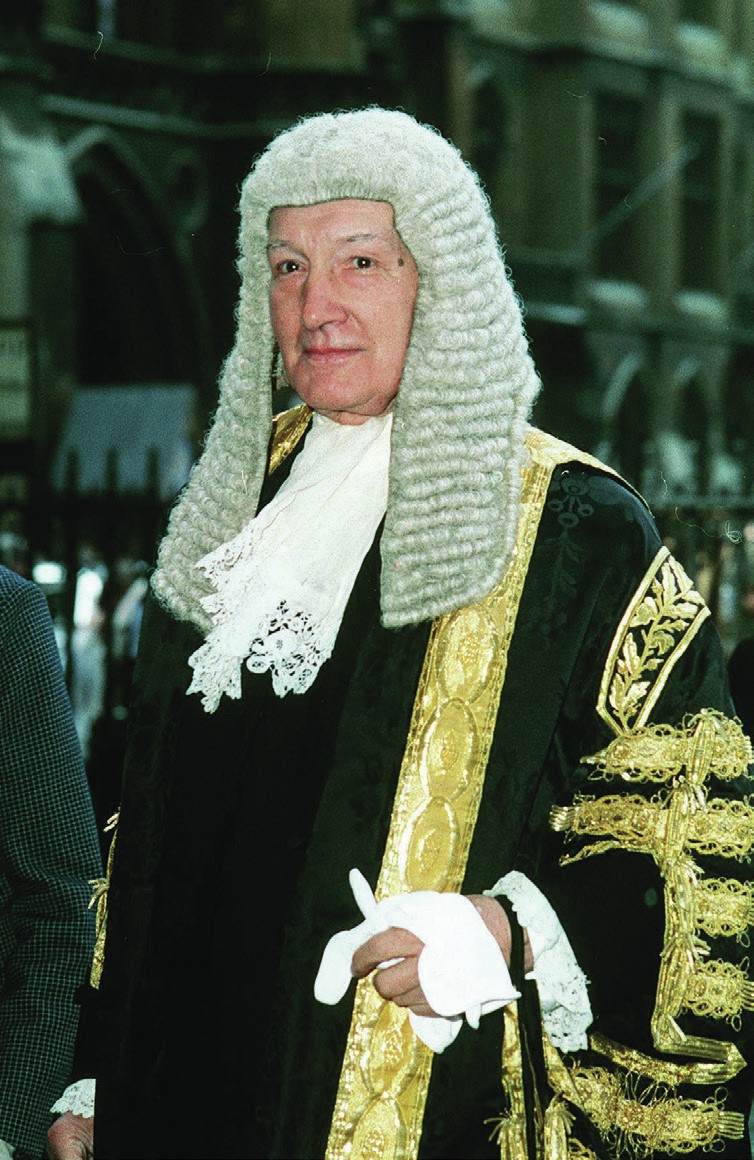
Alaw student today looking back at the life of Lord Denning (1899–1999) might struggle to see beyond some of the contradictions of his character: he tirelessly promoted legal education across the globe, with a particular interest in Africa, and yet had to retire in 1982 after making racist comments about jury selection. He was known for putting justice first in his judgments, yet caused controversy in 1990 for suggesting that it would have been better to have hanged the Guildford Four and the Birmingham Six, who had been wrongly convicted of IRA bombings, rather than suffer the noisy campaigns about miscarriages of justice in these cases. This lack of tact in old age should not, however, blind the twenty-first century law student to the claim that Lord Denning was, to quote Lord Hailsham’s valedictory speech, a ‘legend’ in his own lifetime and undisputedly one of the greatest judges of the twentieth century.
Denning had an exceptional intellect, achieving first-class honours in mathematics and jurisprudence (law) at the University of Oxford, and winning prestigious scholarships at the Bar. He gained judicial appointment in 1944 and retired as Master of the Rolls, the most senior judge for civil justice, allowing him 38 influential years on the bench, including spells in the Court of Appeal and the then highest court of the land, the House of Lords.
Your organisation does not have access to this article.
Sign up today to give your students the edge they need to achieve their best grades with subject expertise
Subscribe




